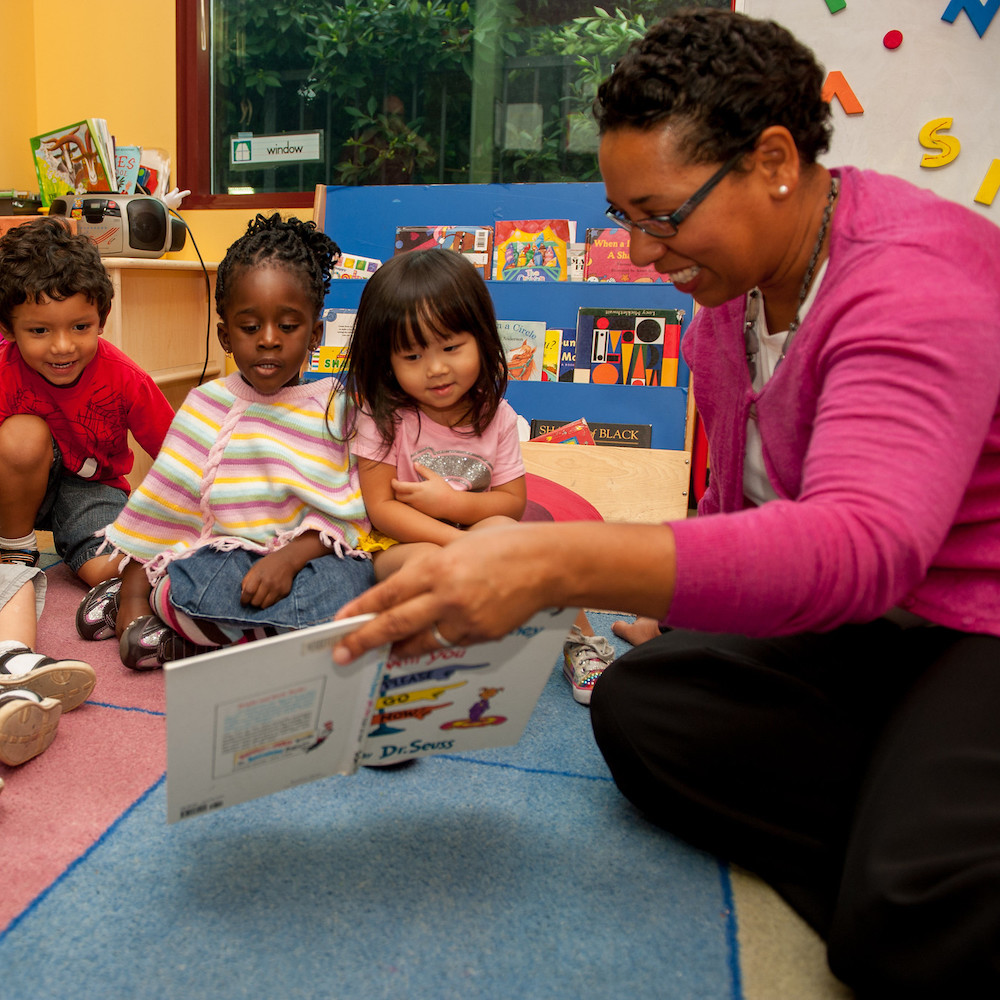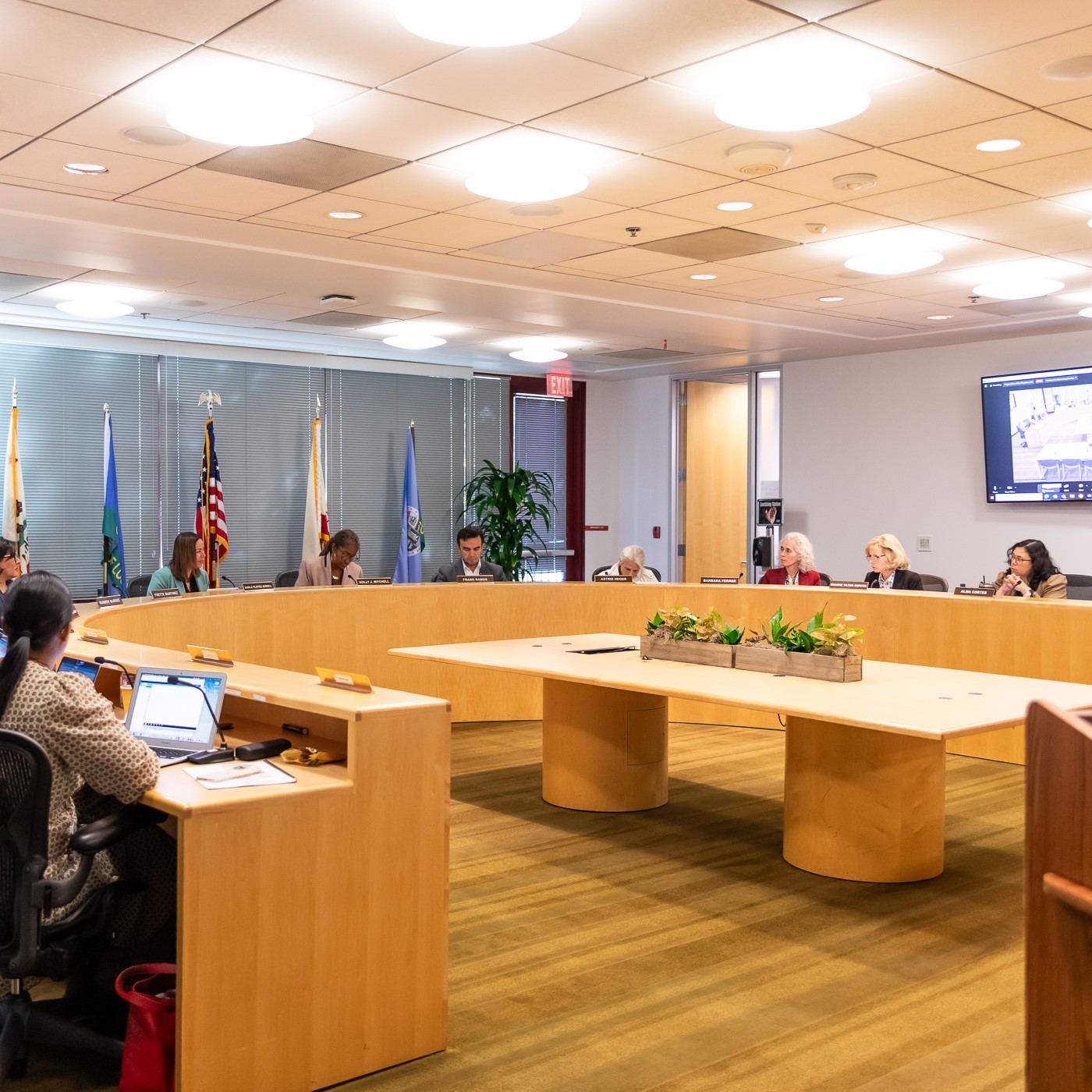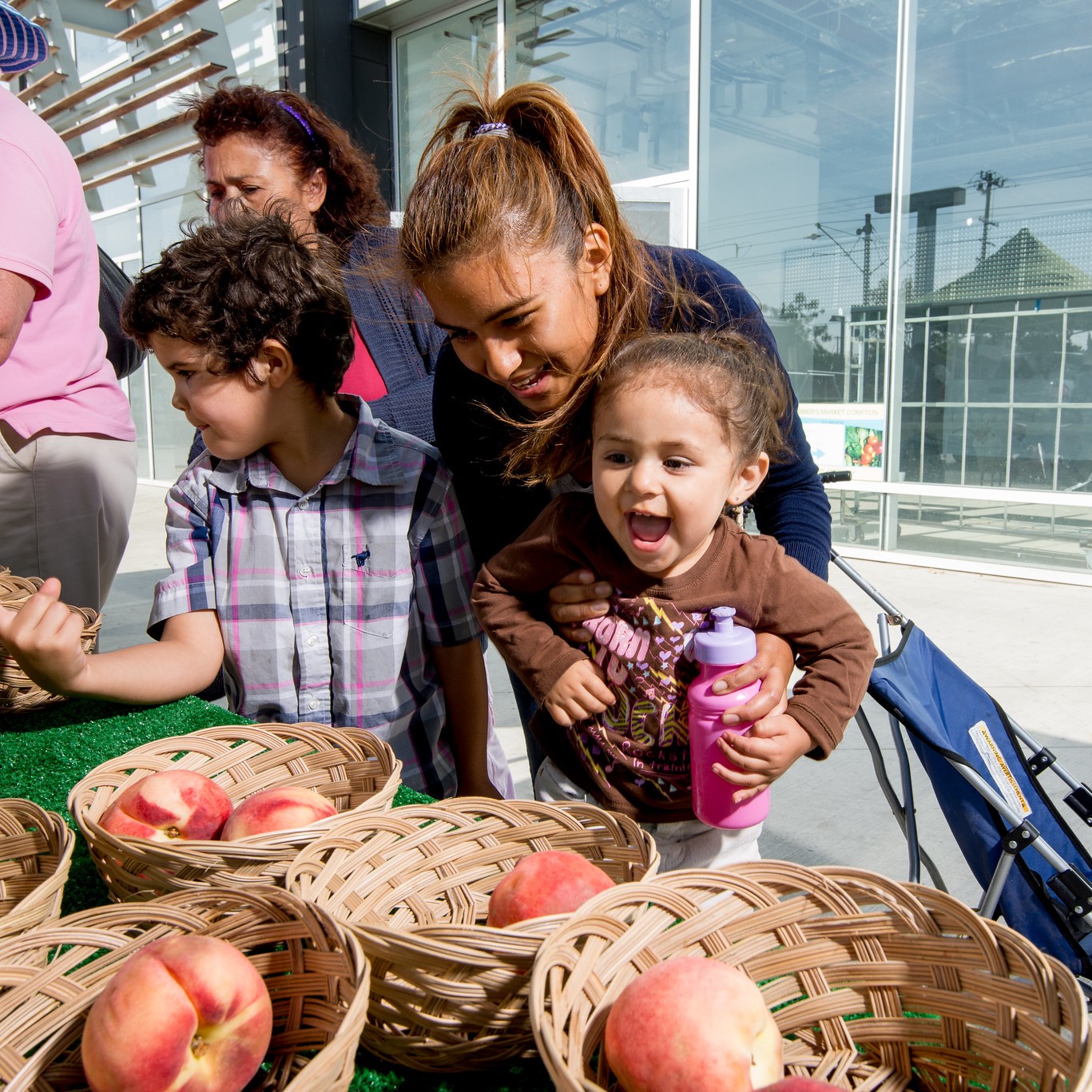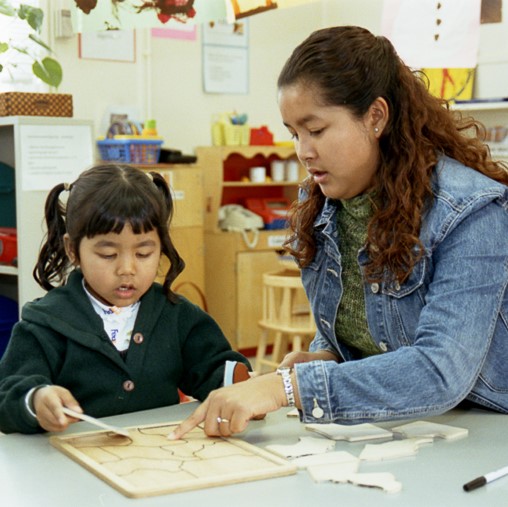August 26, 2021 | 5 minute read
Under the shadow of the ongoing pandemic, a ray of hope for a return to normalcy is emerging as thousands of children in Los Angeles County this summer head into the pre-K or kindergarten classroom — some for the first time.
With that hope, however, comes concern from parents and caregivers about how their children will adapt to their early learning environment after more than a year of virtual learning, social isolation/distancing and other pandemic-induced challenges. And, of course, how safe their children will be from COVID-19 in the classroom.
While numerous articles have addressed the COVID-19 risks for children returning to school, First 5 LA reached out to experts in early learning and child behavior for their back-to-school advice to parents and caregivers of returning or new preschoolers and kindergartners. See their suggestions below.

The following advice comes from Dr. Jesi Sasaki, a Los Angeles-based licensed psychologist and certified Parent-Child Interaction Therapy (PCIT) therapist working in private practice. Dr. Sasaki specializes in working with children, adolescents, adults and families who are struggling to manage behavioral and emotional problems.
Priming: “Preparation is key for kids. As you are helping your child prepare for reentering the school environment, do what you can to expose them to what to expect in a classroom setting. Read stories about kids at school, role-play different school situations like circle time or standing in line, and practice getting ready for school.”
Expect Hiccups: “Just like adults, kids need time to adjust to any big change. So, remember that it is normal if they struggle in the beginning to find their bearings. In my practice, I have seen more social issues arise because kids forgot how to socialize properly after being in quarantine for so long. As parents, try not to jump to conclusions. If you harp on these normal transitional hiccups, you could exacerbate the problems even more.”
Consistency: “With big changes like entering or reentering school after a period of being at home for so long, it’s important to keep the things that you can control as consistent as possible. Even though the day may look different to them, try to keep the other routines the same (i.e., continue the same nighttime routine). Avoid introducing any other changes into the mix.”

The following advice on reducing anxiety for young learners entering the classroom comes from Asia Simon, program supervisor at Child 360 and former preschool teacher (see her own back-to-school story in this article).
Break Them In Gently: “On the first day, consider having the child go for two hours. If they are totally fine, let them stay as long as they are comfortable. Have a conversation with the teacher beforehand where you say, ‘If my child is having a hard time, give me a call.”
Don’t Talk Time: “Don’t tell them you will be back at a certain time. Most young children cannot tell time. Give them another marker of your return. For example, tell them you will be back after lunch.”

The following advice comes from First 5 LA Commissioner Maricela Ramirez, Chief Education Officer of the Los Angeles County Office of Education. Dr. Ramirez oversees Head Start and Early Learning, specialized high schools, juvenile court and community schools, the Community Schools Initiative, and the GAIN and GROW programs.
Education is Key: “You’re making an excellent choice! Countless studies show the powerful lifelong benefits of high-quality early education in the first five years of life, when 90 percent of brain development occurs. Early education is key to lifelong learning and success throughout elementary school, and your child’s experience will help them grow socially, emotionally and educationally for the journey ahead.”
Ask Your Provider: “Early care and education providers have been operating throughout the pandemic, so they are experienced in maintaining safe, healthy environments, which is reflected in the low incidence of outbreaks. Ask your provider about their health and safety protocols and help your child practice wearing a mask and washing their hands thoroughly.”

Dr. Heather Harris is a leading expert in early childhood development and Director of Provider Operations at the nonprofit Child360, where she helps raise the quality of early learning programs. The following tips from Dr. Harris and her partners at First 5 LA are excerpted from her 2020 article for Moms.com on how to prep for kindergarten in a COVID-19 world.
Practice Health Rules With Your Child: “Students need to stay safe, just like everyone else, during this time, and guidelines may vary from school to school. However, your little ones may not intrinsically know how to properly apply these rules, so as parents, we must help our young learners navigate safety guidelines such as wearing masks at school, staying six feet apart, washing their hands properly, and coughing into their sleeves. These habits may seem foreign to your child at first, but the saying is especially true here — practice does make perfect.”
Teach Your Child How to Safely Socialize: “We know that socializing plays an important role in regulating your child’s mood and furthering their development. We also know that your children are probably bouncing off the walls, ready to have fun with their new school friends. But, with COVID-19 still spreading, it’s important to educate your kindergartner on safe ways to socialize with their new buddies. Consider showing them how to give a ‘socially distanced hug’ by giving an air high five or by gesturing a hug to their classmates. Or, because your child will be wearing a face mask, which can impact their ability to fully display emotions, send them to school with “feeling faces” attached to the end of popsicle sticks for an easy way in which they can express their emotions!”
Talk to the Teacher About Expectations: “Check in with your child’s teacher ahead of time — if school will be face-to-face, what practices are they planning on implementing in their classroom that you can practice with your child prior to the start of kindergarten? If class is virtual, what behaviors can you begin teaching at home?”
Take the Time to Reinforce Social and Emotional Development: “Let’s be the best partners we can to kindergarten teachers, as they are also doing the best they can to continue to educate our children. That being said, some ways to support the class-based teaching is to also find time at home to strengthen your child’s social-emotional skills, which will make the teaching and learning process a whole lot smoother for your child and your family. This includes things like practicing receptive language skills such as understanding 1- or 2-step instructions and sustaining attention for 10-15 minutes during story time or circle time.”

The following advice is from First 5 LA Health Systems Program Officer Ann Isbell. She has a doctorate in psychology and is a former child care provider.
Help Smooth the Path: “This past year has probably made very evident the need for socialization and the important role early learning centers and schools play in helping children develop social skills. With many masked children going back to school in person after a long period of remote learning, you can help smooth the path for them. Wearing a mask makes it more difficult to pick up on social-emotional cues, so practice making eye contact and looking for non-verbal cues such as ‘What do sad eyes look like?’ ‘What do happy hands look like?’ Check in with them about what challenges they are having and jointly brainstorm solutions. This can be an opportunity to scaffold being an adaptable and sensitive communicator.”









